
Elyssa Koepp, Tunisian-German-American specialist, Research Assistant at Center for Constitutional Studies and Democratic Development
Jan 23, 2026
In late 2025, protests in Gabès over pollution from the phosphate industry led Tunisia to seek Chinese help to reduce environmental harm. The move also reflects President Saied’s broader shift away from Europe toward China in economic and diplomatic policy.
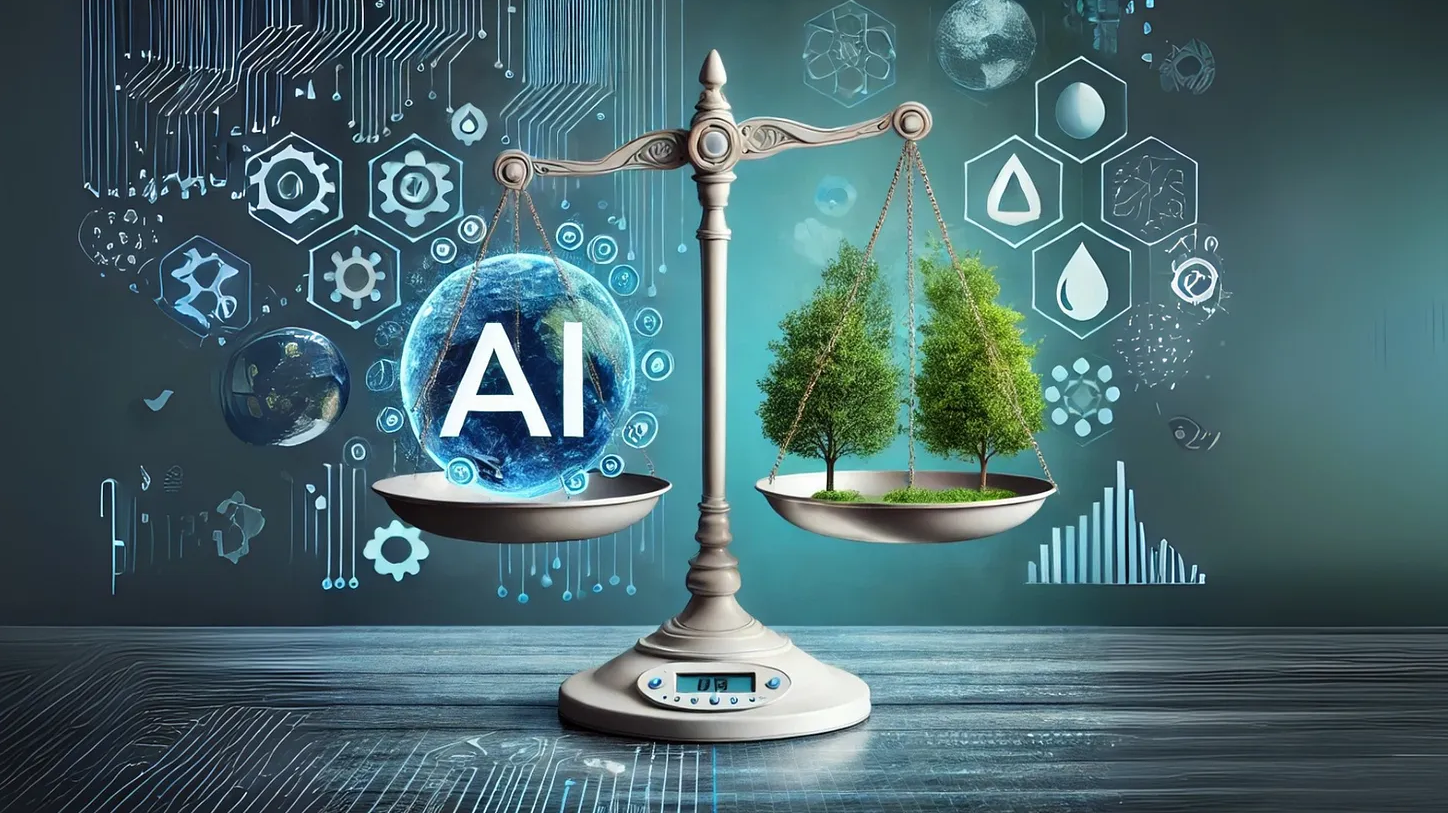
Jianyin Roachell, Transatlantic Digital Debate Fellow and Research Associate at Max Planck Institute of Geoanthropology
Jan 09, 2026
As artificial intelligence rapidly expands, the United States and China face similar sustainability challenges, but their responses differ starkly — shaping AI’s long-term environmental footprint.
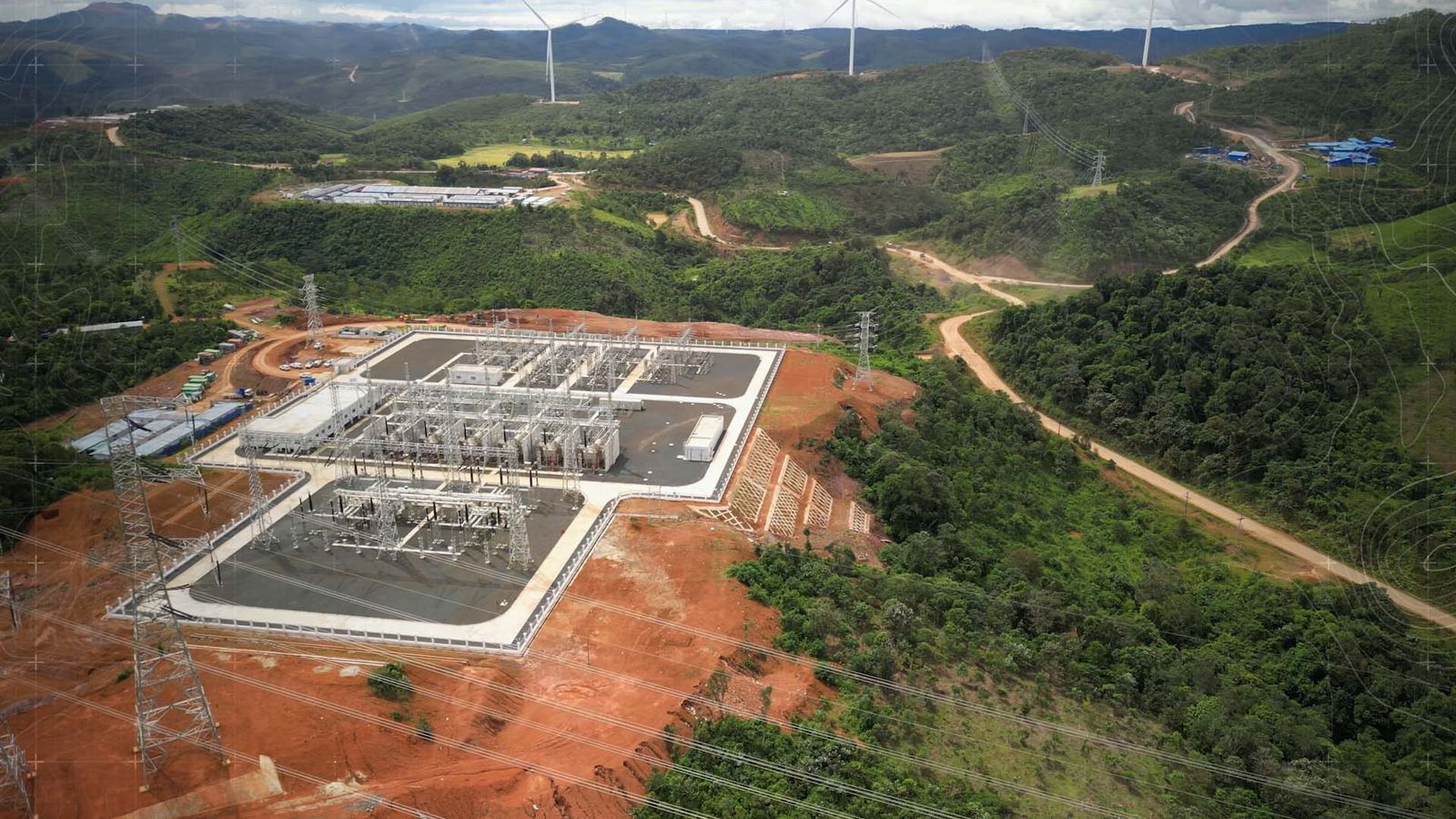
Ma Jun,, President of Institute of Finance and Sustainability, Former Co-chair of the G20 Sustainable Finance Working Group
Sean Kidney, CEO, Climate Bonds Initiative
Dec 09, 2025
As the United States renounces its climate commitments, a chain reaction of wavering pledges and scaled-back investments by other donors and multilateral institutions has followed. This trend raises the stakes for everyone else, underscoring the urgency of closing the financing gap for climate adaptation and mitigation in the developing world.

Bibek Raj Kandel, New World AsiaGlobal Fellow Energy and Climate Policy Expert
Oct 28, 2025
Bangladesh’s deepening energy crisis has made it the center of a regional contest, with China expanding investments and India seeking to use geography to retain influence. Dhaka’s post-election energy choices will determine whether Delhi can convert that leverage into lasting power or yield ground to Beijing’s faster-moving ambitions.
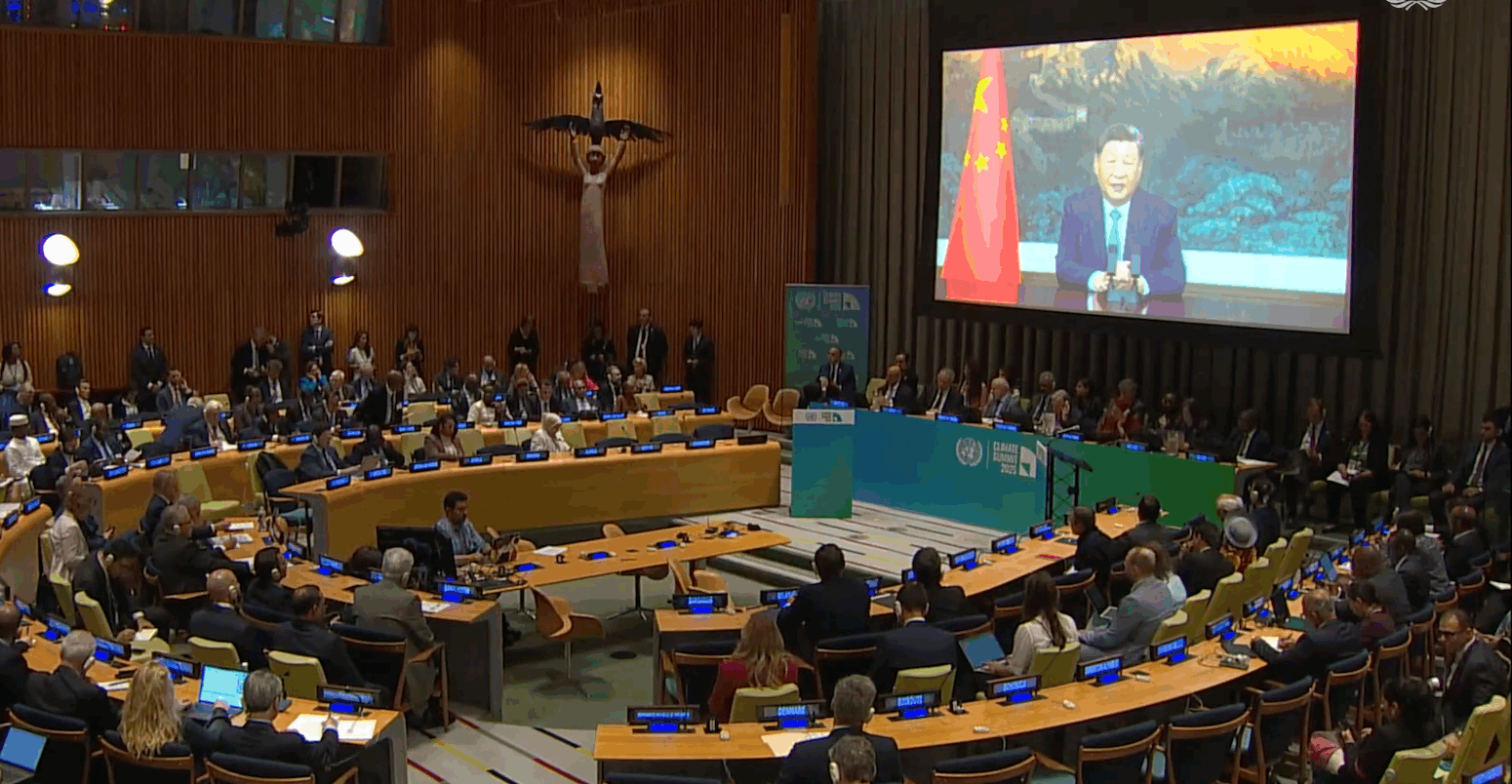
Chen Xiaojing, Assistant Fellow at Department for European Studies, China Institute of International Studies
Oct 28, 2025
Beijing is imposing high standards on itself, while the United States seems to be overpromising and underdelivering. It should shoulder its responsibility, along with Europe to lead emissions reductions and provide developing countries with the necessary financial and technological support to succeed.

Eka Khorbaladze, Research Associate, Ng Teng Fong · Sino Group Belt and Road Research Institute
Oct 22, 2025
Underneath the public press jabs that go on between East and West, the realm of resource competition is reshaping the relationships between Europe, China, and Russia as states move to secure immediate needs of oil and other resources.
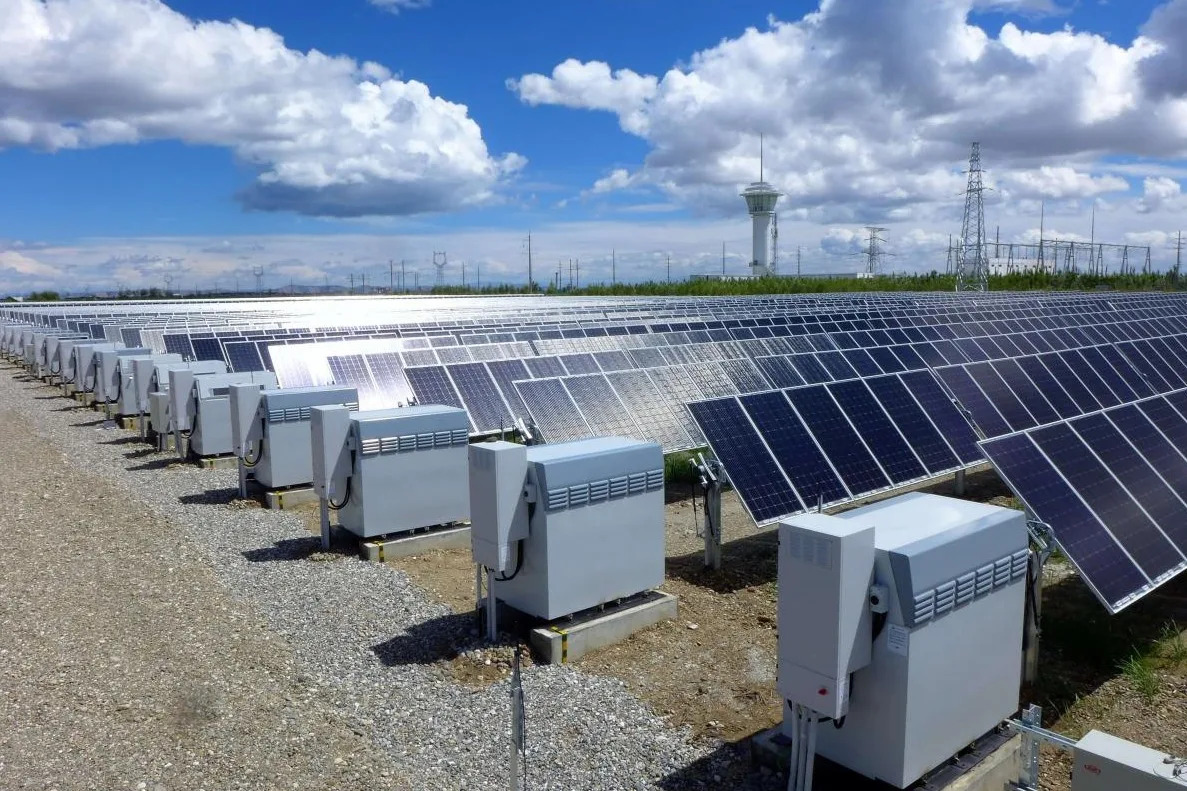
Kevin Zongzhe Li, Affiliated Researcher, Asia Society Policy Institute’s Center for China Analysis
Brian Wong, Assistant Professor in Philosophy and Fellow at Centre on Contemporary China and the World, HKU and Rhodes Scholar
Oct 17, 2025
Southeast Asia faces a critical challenge in balancing rapid economic growth with climate commitments, as most of its energy demand remains dependent on fossil fuels despite vast renewable potential. China plays a pivotal dual role in this transition, financing both coal and clean energy projects, and its future choices will determine whether ASEAN’s development and decarbonization goals can align.

Emmanuel Guerin, Fellow and Special Adviser to CEO at European Climate Foundation
Bernice Lee, Distinguished Fellow and Special Adviser, Chatham House
Aug 01, 2025
Earlier this year, the Chinese firm CATL, the world’s largest battery-maker, unveiled an electric-vehicle (EV) battery capable of delivering a remarkable 520 kilometers (323 miles) of driving range after just five minutes of charging. The announcement came a month after BYD, China’s leading EV manufacturer, launched its own ultra-fast charging system. In solar, too, the numbers are staggering: Chinese firms can now produce over 1,200 gigawatts of solar panels annually.
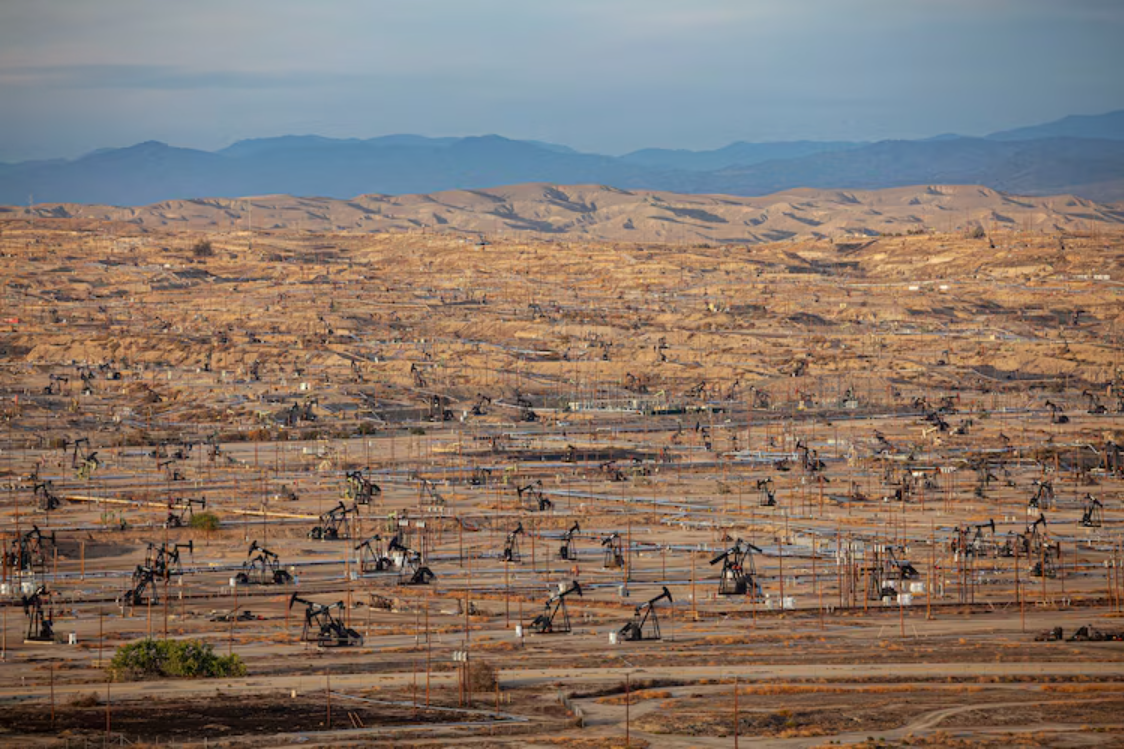
Jianyin Roachell, Transatlantic Digital Debate Fellow and Research Associate at Max Planck Institute of Geoanthropology
Mar 14, 2025
The fossil fuel industry has been a centerpiece of the Republican agenda for most of the modern era, but with the world moving faster than ever toward clean energy, no amount of U.S. strong-arming may be able to stem the tide.
Taylah Bland , Senior Program Officer for the China Climate Hub, Asia Society Policy Institute
Dec 31, 2024
As the impacts of climate change intensify, the U.S. and China must shift focus to adaptation, with opportunities for cooperation through subnational partnerships and a competitive model to assist vulnerable nations. This approach offers a path forward for both countries to lead global efforts in climate action.
Back to Top

- China-US Focus builds trust and understanding between the U.S. and China through open dialogue among thought leaders.
- Our Offerings
- Topics
- Videos
- Podcasts
- Columnists
- Research Reports
- Focus Digest
- Stay Connected
-
Thanks for signing up!
- Get the latest stories from China-US Focus weekly.